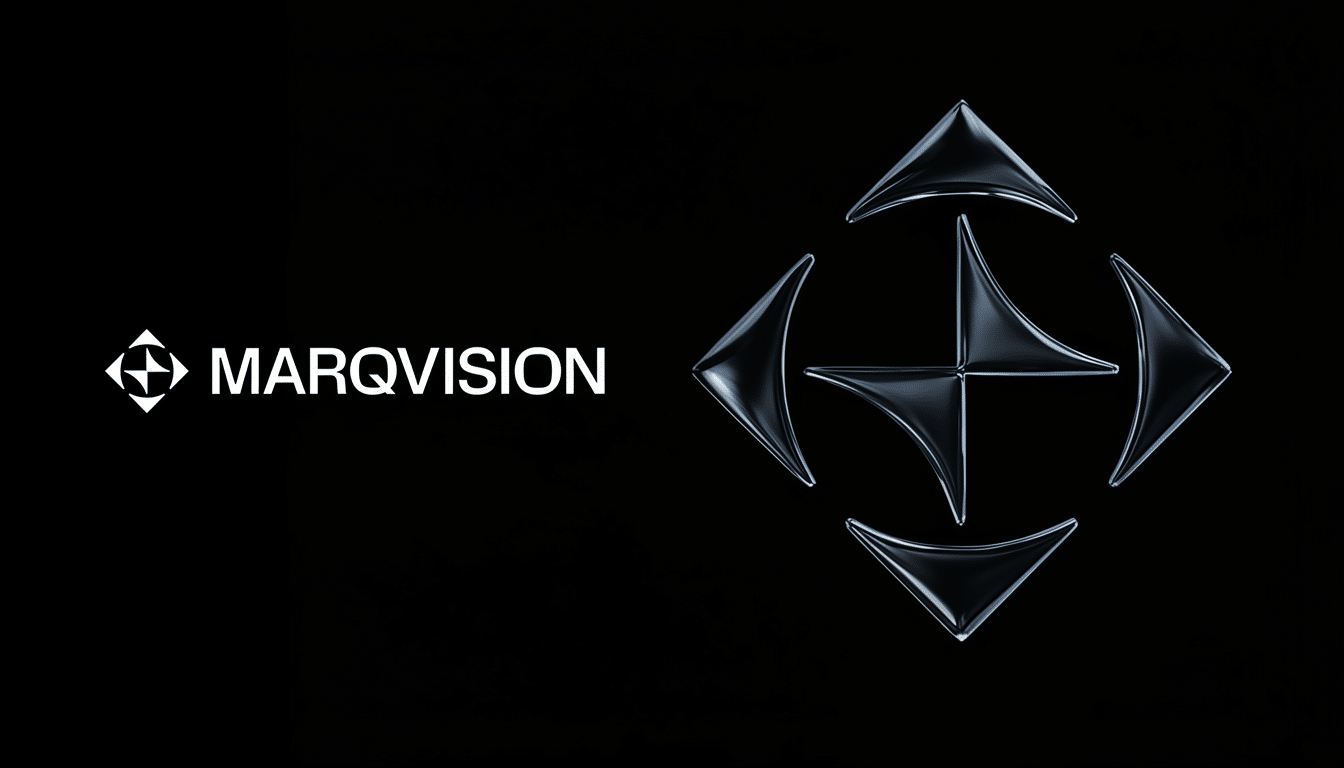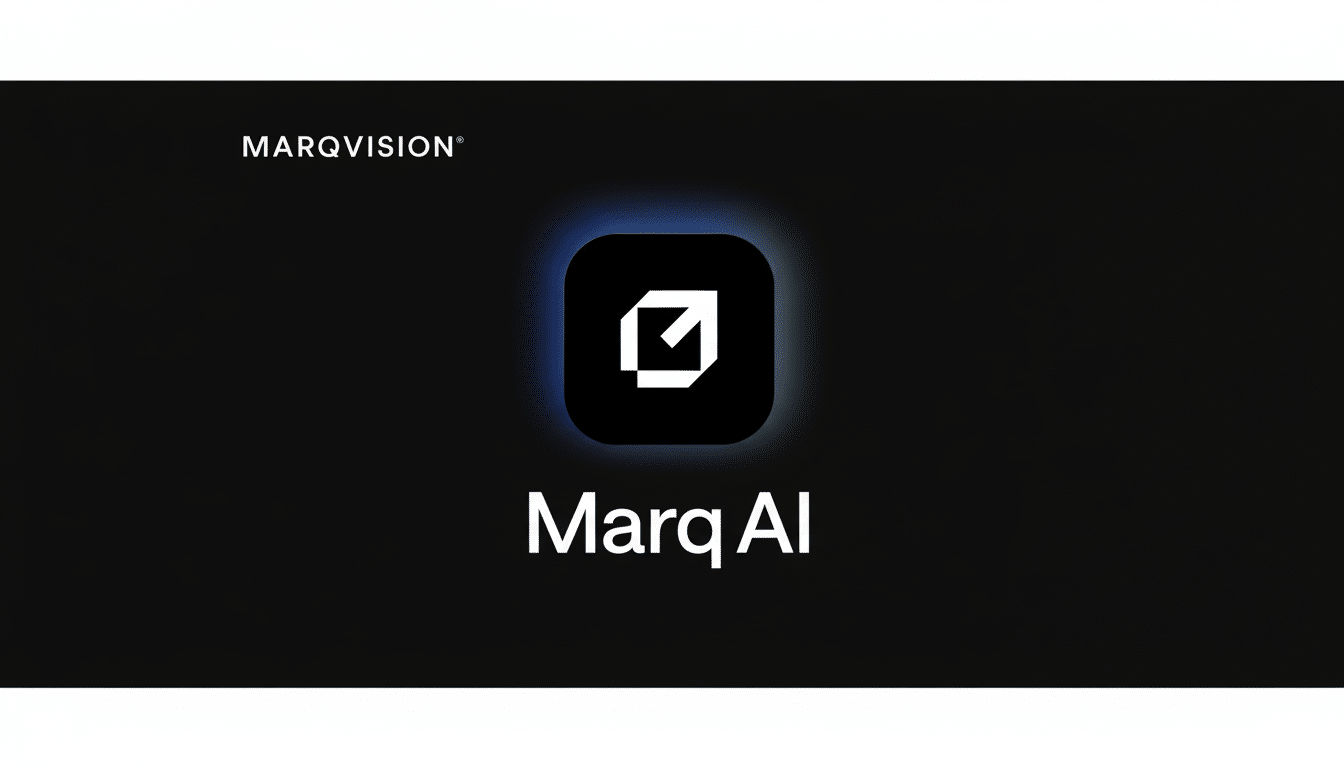MarqVision, an AI startup that originated after being spun out of Harvard Law with insight into the global counterfeiting epidemic, has raised $48M to further its mission: stop brand abuse at scale on marketplaces, social platforms and across the wider web.
First discovered at a trademark seminar by co-founder and CEO Mark Lee, the scope of the issue continues to come as no small shock: counterfeits represent an absurdly huge piece of global trade. Estimates in industry circles routinely list trillions in illegal trade, and reports from the OECD and the EU Intellectual Property Office have put the proportion of counterfeit and pirated goods at above 3% of world trade. That insight pushed Lee from casebooks toward computer vision, and eventually to founding a company that thinks about brand enforcement as an AI problem instead of only a legal one.

Who’s Backing the Round — and Why
Peak XV Partners led the Series B and was joined by Salesforce Ventures, HSG, Coral Capital and Michael Seibel’s fund following up their seed round.
Previous investors Y Combinator, Altos Ventures and Atinum Investment also participated in the new funding. The raise increases MarqVision’s total capital raised to about $90 million.
Investors are betting that AI can do more than just accelerate workflow: it will be able to do the work. That thesis is rewriting the old “software plus services” playbook. What once was brand protection now means armies of analysts, takedown notices and a patchwork of vendors; the vision we have now is for an AI-led service that detects, acts and measures impact in near real time. It’s a category shakeup that invited strategic capital from enterprise-focused funds who want to see automation extend beyond dashboards into outcomes.
From Law School Insight to AI-Powered Enforcement
MarqVision initially trained computer vision models to identify fake listings — logos, product shapes and packaging cues — from among sprawling e-commerce catalogs and reseller networks. As generative AI matured, the company began to layer in language models that could parse seller metadata, chat interactions and complaint narratives, then orchestrate the takedown process end to end.
The platform covers several types of brand abuse: counterfeit product listings, imitation accounts, unauthorized resellers, copycat sites and content piracy. For rights holders, that’s important because bad actors don’t limit themselves to one place — they jump from marketplaces to social commerce to messaging apps to independent storefronts. Agencies like the U.S. Customs and Border Protection report tens of thousands of seizures each year, revealing the whack-a-mole character of enforcement without automation.
A Pivot From Protection to Revenue Recovery
• MarqVision: This company’s pitch has changed from “find and remove” to “find, remove and recapture.” The company says that many of its clients witness about a 5% increase in valid sales when counterfeit and gray-market listings are swept away, which is enough to get revenue teams heading to the table along with legal and compliance. That revenue-centric approach is more in tune with how CFOs frame IP: not just as a cost center but as a driver of growth when structured carefully.

Growth metrics reflect that repositioning. MarqVision, by contrast, hit $1 million in annual recurring revenue within eight months and went from zero to $10 million within three years; it’s recently crossed the $20 million threshold with annual doubling along the way. Its customer base now exceeds 350 brands across fashion and luxury, gaming, pharma, entertainment, automotive and consumer electronics.
Where the New Capital Ends Up
About half of the new financing will go to growing AI and engineering teams for deeper automation and broader application of generative AI. Another chunk is allocated to hardening enterprise capabilities — security controls, integrations, auditability — with a separate tranche for regional expansion. MarqVision is already active in the U.S., Korea, China and Europe with their recent launch into Japan reflecting how cross-border enforcement has become a part of modern brand strategy.
The roadmap goes beyond enforcement and into what the company calls brand control and brand intelligence. The first centralizes rights holders’ ability to manage their presence across marketplaces, social channels, websites and chat apps; the second seeks to uncover supply chain leakage, pricing discrepancies and reseller dynamics. In practical terms, that means merging recognition models with knowledge graphs and workflow automation so that takedowns result in concrete business impacts.
Why the Market Is Ripe Now
Several forces are converging. Social commerce has shortened the time between promoting a product and someone buying it, allowing counterfeiters to roll out and repeat campaigns in mere hours. Using generative tools to manufacture realistic product images and clone brand language becomes easier. Regulatory pressure is also intensifying: the USTR’s Notorious Markets list continues to shine a spotlight on platforms where IP abuse runs rampant, while actions by WIPO and national IP offices advocate for more uniform enforcement.
Brands, meanwhile, have invested heavily in first-party commerce, which has magnified the downside of diversion and unauthorized sellers. Programs like Amazon’s Brand Registry and the marketplace IP portals do help, but they’re reactive by design. Enterprises are looking for a one system solution that not just files reports but provides threat prioritizing, works seamlessly across platforms and quantifies how much money you’ve gotten back — when you peel the curtain all the way back, that’s exactly the outcome quantification frame investors see in MarqVision.
Execution Risks—and the Edge
The bar is high. Platforms can adjust policies, bad actors can change tactics and the legal landscape is erratic at best across jurisdictions. False positives can sour brand relationships and privacy rules make cross-border investigations challenging. The hallmark of MarqVision, on the other hand, is that it is AI-led services — software-grade scalability coupled with managed execution, not a tool that leaves the last mile to human bandwidth.
Lee has ambitious targets — scaling to nine figures in ARR while growing into brand control and intelligence branches. If the company can continue to turn enforcement into bottom-line impact, the Harvard thesis that launched them could be disrupted by a whole new operating system for how global IP teams work.

